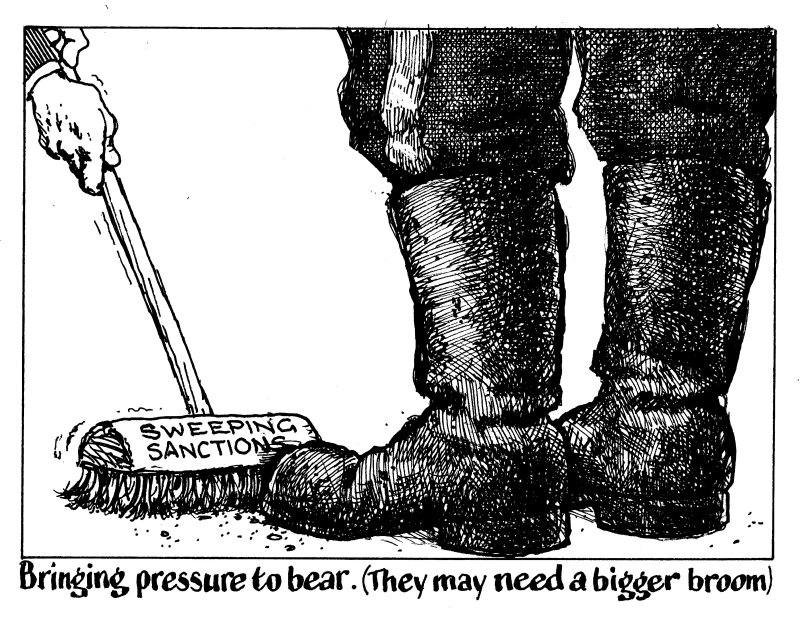
There are about $63bn worth of loans and bonds issued by Russian banks and corporates due to mature this year and next. The sanctions the US has imposed on buying the bonds of many of those companies is designed to bring financial pressure to bear and eventually force Russia out of Ukraine.
US persons, or anyone in the US, can no longer buy new bonds from familiar capital market names such as Gazprom, Gazprombank, Russian Railways, Sberbank and more besides.
Moreover, it was telling that loans bankers that GlobalCapital spoke to on Thursday were reluctant to comment on whether they would provide an alternative source of cash. Usually, loans bankers cannot wait to declare their commitment to their clients in the toughest of times when bond investors won't touch them with a bargepole.
But the measures may not be enough to starve them of funding. For a start, Russia has been in rehearsal for this moment since sanctions were first imposed over the annexation of Crimea in 2014.
Russian issuers are not reliant on the international capital markets. They have had years to build their own cash reserves. It was a notable feature of the pandemic that emerging market corporates had less need for the debt markets than developed world companies — with less access to international capital, they have learned to save for a rainy day.
In particular, Russia's big energy companies will have boosted their cash reserves during the recovery as commodity prices rocketed. No matter if Europe won't buy Russian gas or oil — not that there is a firm commitment to that just yet — their search for alternative sources of the stuff will push the prices up still further. Meanwhile, the suppliers will find other customers.
Even if that is not enough, Russia's central bank has huge reserves that it can lend. Russia has over $650bn of foreign currency reserves. It may need to deploy some of that to prop up the ruble but even so, as of September the country's external debts stood at $500bn with corporate debt at $150bn.
So what is there to learn from the first days of this perilous situation? After so many different crises since 2008 it's tempting to reassure the capital markets with the old adage "this too shall pass".
Staying power
But it's a different type of crisis this time — a geopolitical one that looks increasingly dangerous and complicated — one that has the very real possibility of dragging in all the world's most important (and armed) powers.
Perhaps the real threat is to Western complacency — both politically and in the capital markets.
Hoping that it passes is a dangerous tactic. The Russian regime's consistent and total disregard for its neighbours' sovereignty over the last eight years shows us that it cannot be appeased or ignored.
And it has chosen to strike just as the world is picking its way out of the ravages of a pandemic. Russia supplies a third of Europe's gas, 10% of the world's oil, 6% of its aluminium and 4% of its copper. It knows that for the West not to buy these things from it ultimately hits its opponents in the pocket as they chase alternative supplies at a time when prices are already rising.
Meanwhile, corporations in the West went on a debt frenzy during the years of low rates and easy monetary policy. There have been real fears expressed in recent years that the recovery will be one built on debt which cannot survive higher interest rates.
This too will, of course, pass. But corporate Russia, despite the measures the US and its partners may be imposing upon it, may not be the one that emerges the worse off.
